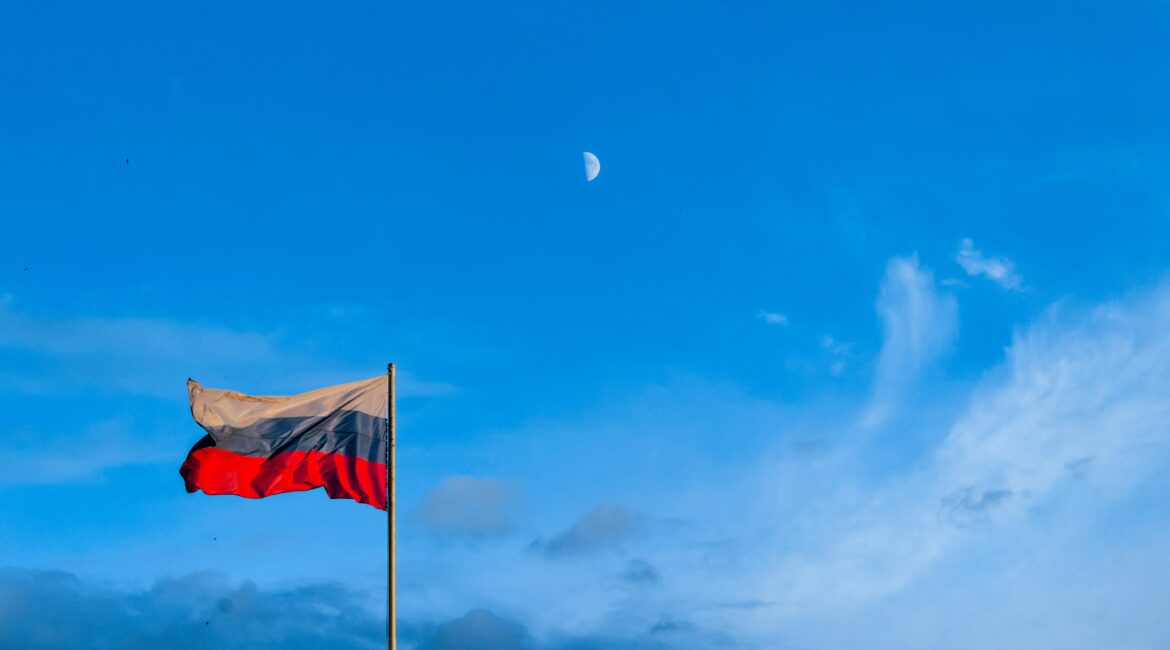Russia's invasion of Ukraine has revived deep divisions in the Middle East. As American influence has declined, Moscow has made powerful friends, from Shiite militias in Iraq to the Hezbollah group in Lebanon to the Houthis in Yemen. Largely thanks to his military intervention in Syria, Arabs see Vladimir Putin as a stable and reliable partner who, unlike the Americans, does not let his allies down.
Vladimir Putin won their support largely because of his close ties to the Islamic Republic and his military intervention in Syria's civil war, in support of president Bashar Al Assad.
It is true that Russia has invested up to $14 billion in Iraq and the Kurdish-ruled region to the north, mainly in the energy sector. Among the main oil companies operating in the country are the Russian companies Lukoil, Gazprom Neft and Rosneft.
Iraq also has close ties with the United States, but Western companies have regularly intended to withdraw from Iraq's oil sector. Baghdad's strongest move so far came after its central bank advised the prime minister not to sign any new contracts with Russian companies or payments, given US sanctions. The move will impact new Russian investment in the country, but little more, Russian industry.
Last week, Iraq was among 35 countries that abstained in a United Nations General Assembly vote calling on Russia to end its offensive and withdraw its troops from Ukraine. Lebanon voted in favor, while Syria, where ties with Russia run deep, voted against. Iran also abstained.
In Syria, where Russia maintains thousands of troops, signs proclaiming "Victory for Russia" appeared in Damascus' neighborhoods. In opposition-held areas still hit by Russian airstrikes, residents hope the pressure on them will ease, if Russia becomes caught up in Ukraine.
In Iraq, the war in Ukraine highlights the divisions of a political scene already fractured by the stalling of efforts to form a new government, five months after the holding of parliamentary elections. Many Iraqis see Russia's invasion of Ukraine as echoes of Saddam Hussein's invasion of neighboring Kuwait and the subsequent economic sanctions imposed on Iraq for years.
In the context, analysts said that Iraq's moves - abstaining from voting at the UN while limiting economic activity with Russia - were prudent and allowed to manage short-term risks without taking an ideological position. But the longer the war drags on, the more difficult will be to maintain this strategy.

